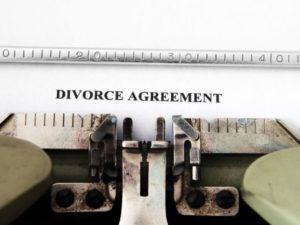How To Keep Money In Your Family With A Good Estate Plan

After spending time trying to care for your family and becoming financially stable, it is only prudent to ensure that your family remains cared for even after you are no longer around. The key to ensuring this happens is by having a good estate plan. An estate plan has several benefits including protecting your assets and providing some tax benefits.
While it seems like a no-brainer, several people fail to draw up a will. In reality, you really do not have anything to lose by having an estate plan. Beneficiaries, both adults and children benefit from comprehensive estate planning. Where it comes to adults, having a strategy will help protect them from making poor financial choices later on or from developing credit issues. It appoints guardians or conservators to look after the financial needs of minors. A will does not distribute all assets. Some assets, such as mutual plans and life insurance contracts, allow owners to choose beneficiaries. An account that doesn’t have a designated beneficiary will have to go to probate court, where a judge will determine who gets the money. After any big life event, such as the birth of a child, it’s a smart practice to revisit beneficiary details.
One way to use an estate plan to keep your assets in your family is by creating a life estate deed. It gives a child the right to own the family’s home while the parents keep the right to live there. Children should not have to go through long probate hearings after their parents pass away. Instead, the children or other beneficiaries get the home as a gift.
You may also set up a trust. If you have a large estate or are concerned that your heirs would mismanage it, you should create a trust and appoint a trustee to divide your assets. There are many ways to set up a trust, however irrevocable, or permanent, trusts can have the best tax benefits. When property is placed in an irrevocable trust, you lose ownership of the properties.They are the property of the trust. As a result, the funds are exempt from inheritance taxes. Although the money is essentially controlled by a trustee, you can put restrictions on how it is used, and it can be distributed by a trust while you are still alive. Furthermore, funds invested in a trust are not liable to probate, which may be helpful for those who don’t want to have their money and assets debated in public court.
Planning ahead has other benefits. For instance, your heirs will be relieved of the tax burden if you plan ahead. If you die without a will, your wealth is divided according to the rules of your state, and not according to your wishes. Inheritance rules, on the other hand, tend to favour spouses, domestic partners, and blood kin.
The constantly changing tax code can make estate planning seem daunting but if you need help, you should consult a professional to assist. Of course, a family estate plan may not fully guarantee that everything will go right after you are no longer there to ensure they do. However, it puts your family in a better position to handle any difficulties that may arise.







